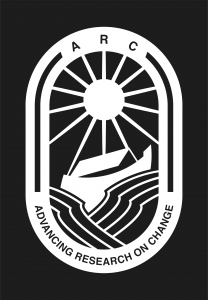Director
Noah Emery, PhD
Assistant Professor
Director of Clinical Training
Department of Psychology
Colorado State University
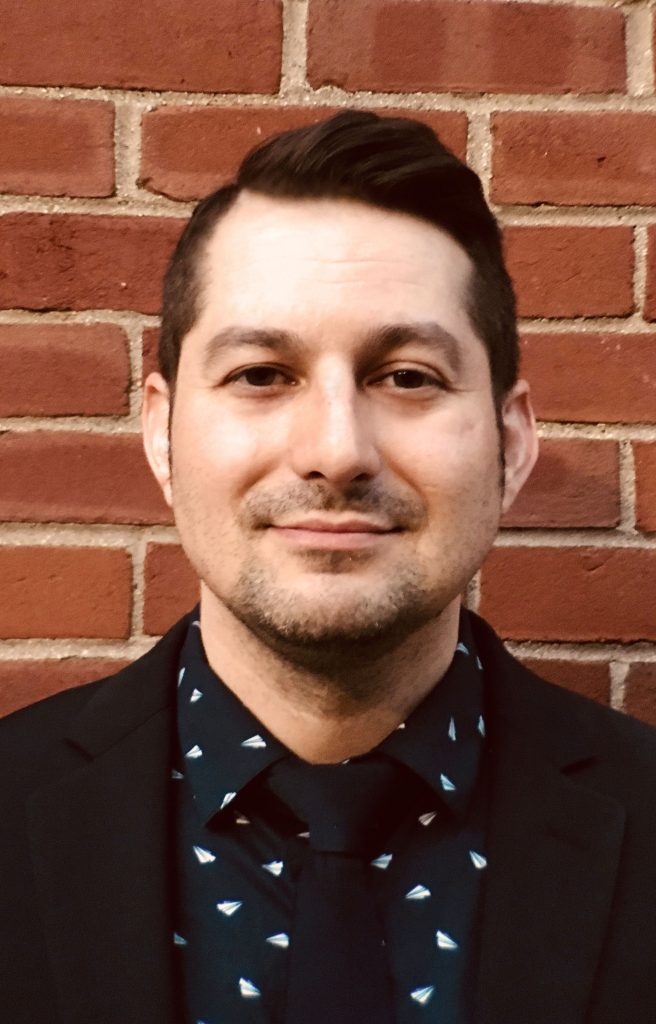
My name is Noah Emery. I am an Assistant Professor and Director of Clinical Training in the Department of Psychology at Colorado State University. I am licensed psychologist, licensed addiction counselor, and the Director of ARC. I completed my undergraduate studies at Arizona State University, and I received my PhD in Clinical Psychology from the University of South Dakota. Prior to joining the Department of Psychology at CSU, I completed my clinical psychology residency at Warren Alpert Medical School of Brown University and a NIDA-funded T32 postdoctoral fellowship at Brown University’s Center for Alcohol and Addiction Studies.
My research seeks to identify mechanisms of behavior change that underlie substance use vulnerability and that impact treatment success in youth. The express intent of this work is to develop interventions to target these mechanisms and improve treatment outcomes.
Prospective students, I will be reviewing applications for the 2025-2026 application cycle to the Graduate Program in Clinical Psychology at Colorado State University.
Pronouns: He/Him/His
Email: noah.emery@colostate.edu
Graduate Students
Angelica DeFalco, MS
Graduate Student
Clinical Psychology
Colorado State University
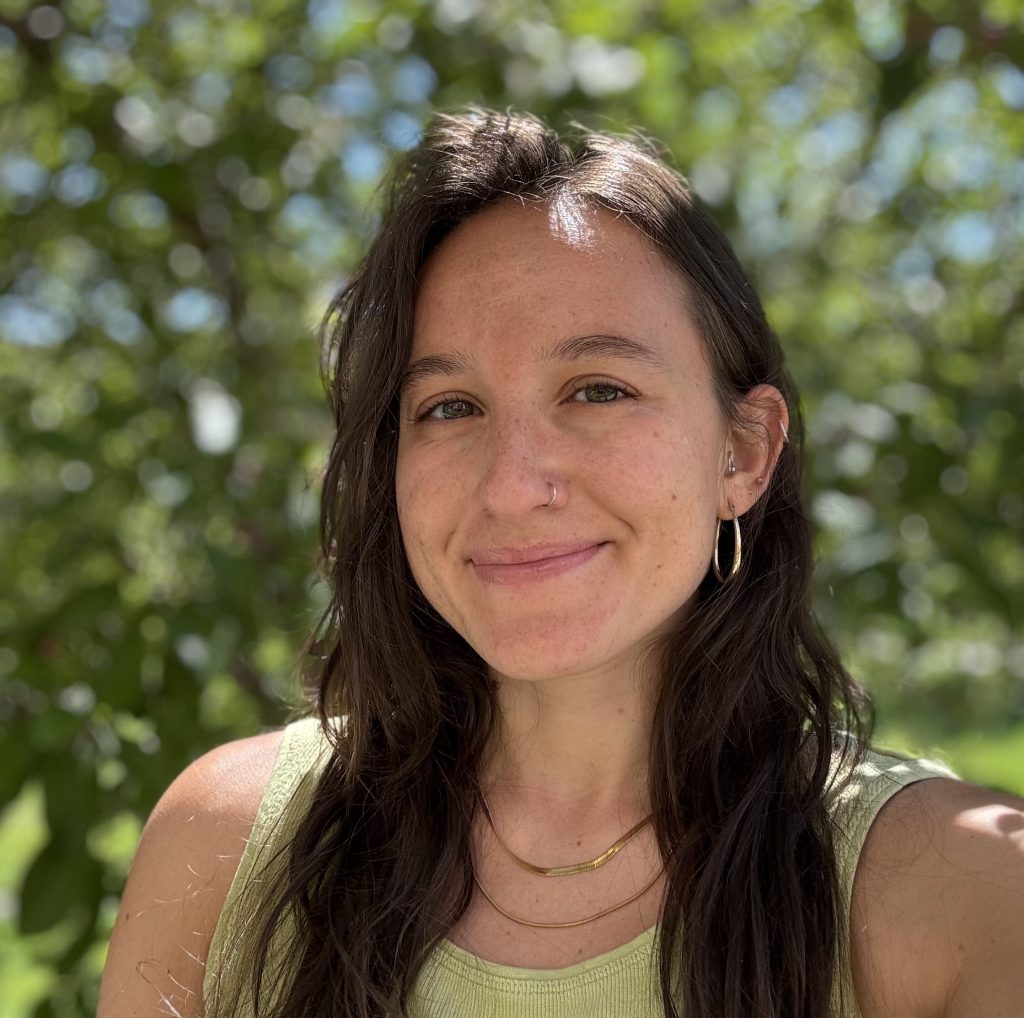
My name is Angelica DeFalco and I am a third-year graduate student in the Clinical Psychology PhD program. I received my Bachelor of Science degree with departmental honors from the University of Miami before spending 2 years as a post-baccalaureate lab manager at Oregon State University, using psychophysiological measures to better understand the relationship between addiction and affect. Currently, my research interests surround substance use motives, its affective predictors and associated consequences. I hope to leverage this understanding of individual contextual factors in substance use motives to design personalized treatment protocols that leverage one’s personal experience, particularly centered around positive affect, acceptance and mindfulness, as a potential harm reduction strategy. In my free time, I enjoy spending time outside, yoga, reading, writing, painting, drawing and watching sitcoms.
Cassandra Richardson, BA
Graduate Student
Clinical Psychology
Colorado State University
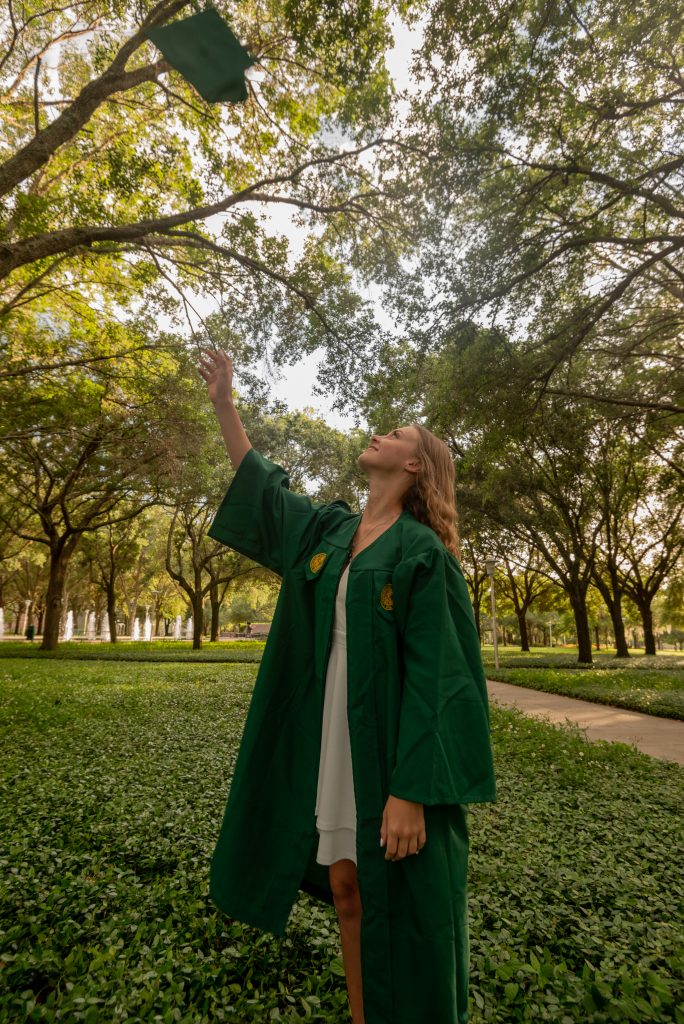
My name is Cassandra Richardson, and I am a third-year graduate student in the Clinical Psychology PhD program, working with Drs. Noah Emery and Mark Prince. I completed my undergraduate training at the University of South Florida, where I worked as a Team Lead in the Sleep, Stress and Health (STEALTH) Lab and as an Adventure Trip Leader through Campus Recreation. My research interests center on understanding the relationship between nature exposure and well-being, and investigating nature-based therapies in an empirically supported framework. Additionally, I am interested in substance use treatment and harm reduction strategies. In my free time, I enjoy hiking, camping, rock climbing, attending live music events, and exploring local coffee shops
Sara Mei, MS
Doctoral Candidate
Clinical Psychology
Colorado State University
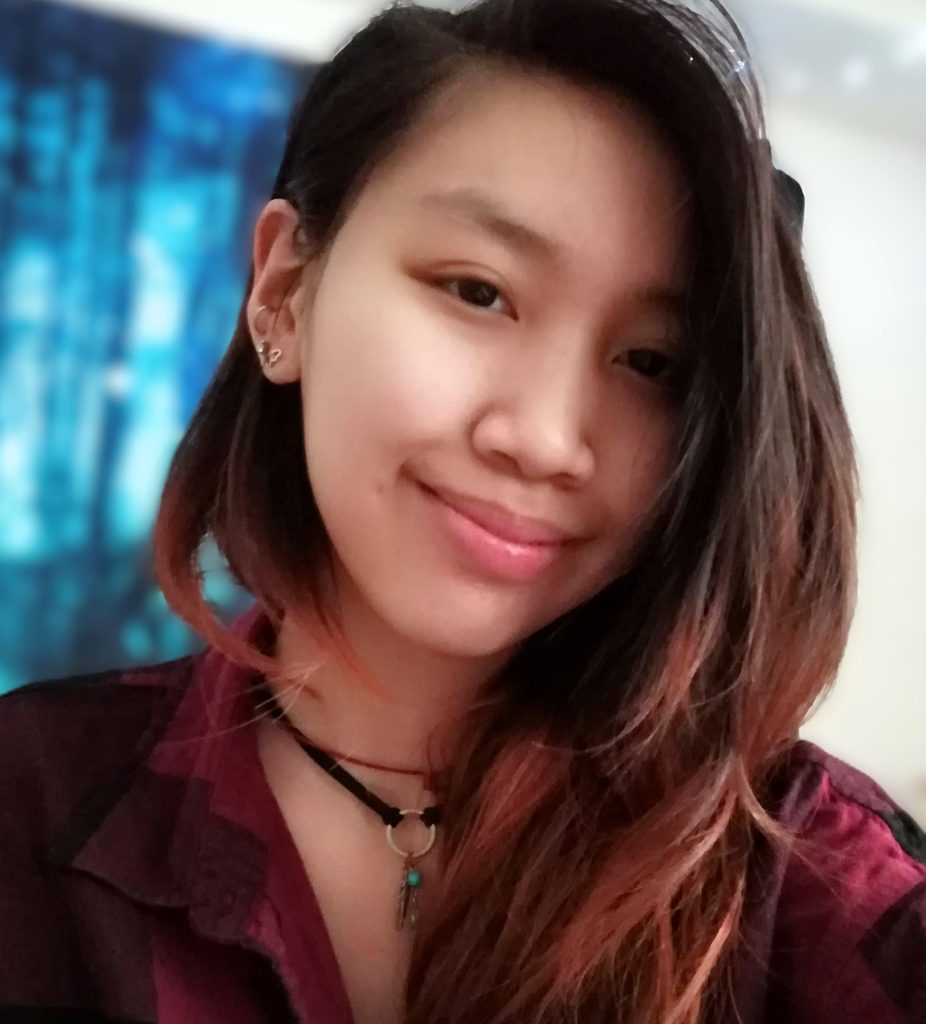
My name is Sara Mei and I am a fourth-year graduate student in the Clinical Psychology PhD program. I received my Bachelor of Science from the University of Illinois at Urbana-Champaign and continued my training as a post-baccalaureate clinical research coordinator at McLean Hospital. I am primarily interested in using novel technologies to understand individual differences within the cognitive, affective, and behavioral mechanisms underlying substance use. Specifically, I am excited about leveraging emerging technologies including biosensors, digital mental health tools, and just-in-time adaptive interventions to better capture dynamic processes in real time and enhance accessibility, personalization, and engagement in treatment. My passion is grounded in using technology to narrow the gap in research and treatment for historically underserved populations, so that we can meet people where they are and intervene at critical, high-risk moments that may potentially shape the course of someone’s journey. Outside of the lab, I like to score victories in video games, splash paint on a canvas, and explore local milk tea shops/hotpot places.
Maggie Mataczynski, MS
Doctoral Candidate
Clinical Psychology
Colorado State University
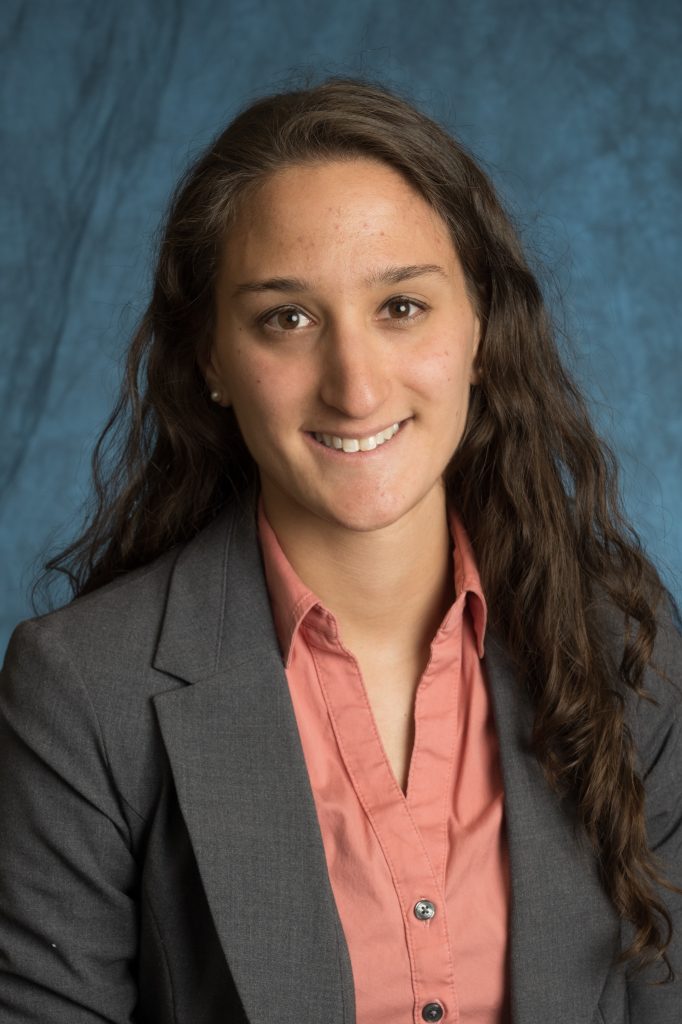
My name is Maggie Mataczynski. I am a fifth-year graduate student in the Clinical Psychology PhD program, working with Dr. Noah Emery. I completed my undergraduate training at the University of Wisconsin-Madison where I worked at the Addiction Research Center. After my time at Wisconsin, completed a 2-year post-baccalaureate position at Emory University studying adolescent and young adult substance use. My research interests center on using intensive longitudinal designs to better understanding how the interplay of interpersonal and emotional processes contribute to substance use among young people and the ways in which this information can help improve treatment efforts.
Cianna Piercey, MS
Doctoral Candidate
Clinical Psychology
Colorado State University
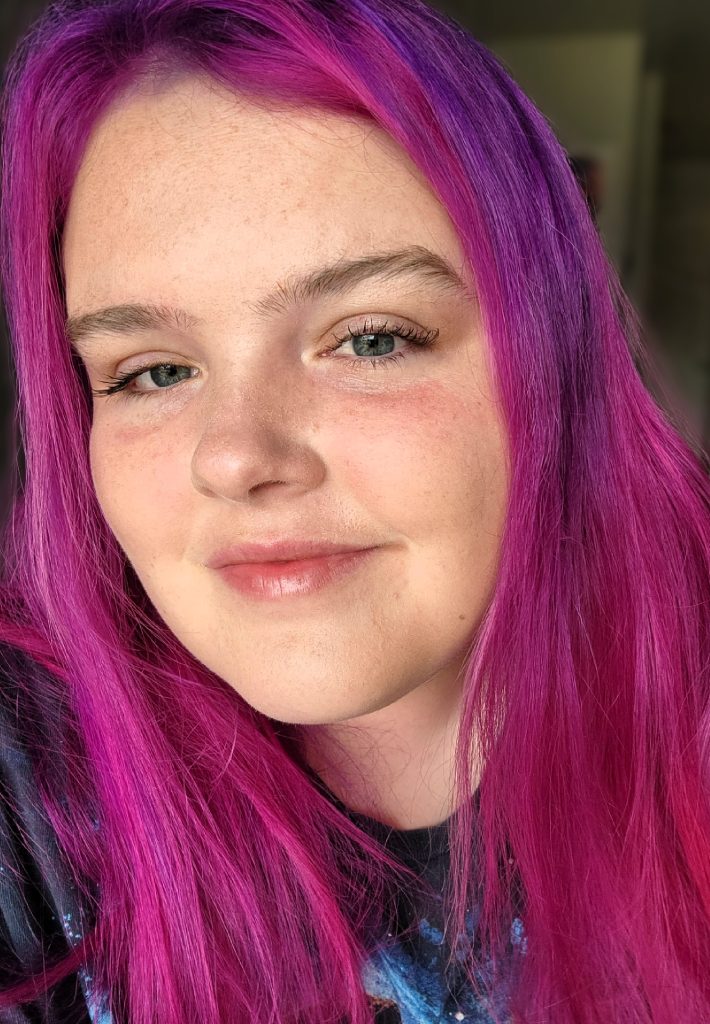
My name is Cianna Piercey and I am a fifth-year doctoral candidate in the Clinical Psychology Ph.D. Program. Prior to beginning my graduate training at CSU, I earned my Bachelor of Science degree in psychology at the University of Central Florida. Broadly, my research leverages mixed methodologies (e.g., drug administration, ethnography, participant observation), and advanced quantitative and qualitative analytic techniques, to better understand substance use behavior and drug pharmacology across a range of substances (e.g., cannabis, kratom, psychedelics). I am particularly interested in understanding the acute effects associated with specific drug combinations and how individuals might mitigate risks within the context of polysubstance use. For example, my master’s thesis focused on the development of a novel inventory of polysubstance use protective strategies for use within club and festival contexts. Ultimately, all of my work is conducted through a harm reduction lens, which includes community outreach, advocacy, and distribution of evidence-based drug information and resources. Outside of research, I am a therapist at a local substance use treatment clinic and serve in a number of professional service roles. Currently, I am a student representative for APA division 28 (Psychopharmacology and Substance Use) and serve on the student committee within APA division 50 (Society of Addiction Psychology). In my down time, I enjoy making art, seeing live music, being outside, and spending time with friends and family.
Angelina Sung, MA, MS
Doctoral Candidate
Clinical Psychology
Colorado State University

My name is Angelina Sung and I’m a sixth-year graduate student in the Clinical Psychology PhD program. I completed my undergraduate training at Carnegie Mellon University. I also received a Master’s degree in Counseling Psychology (MA; Marriage and Family Therapy Track) at Santa Clara University. My research interests lie at the intersection of positive psychology and health psychology. Specifically, I’m interested in the health-protective effects of positive emotions and mindfulness-based practices, as well as understanding positive emotion functioning in the context of stress and coping. I am currently completing my pre-doctoral internship at the Minneapolis VA Health Care System.
Susi Baumgardner, BA
Graduate Student
Counseling Psychology
Colorado State University
My name is Susi Baumgardner and I am a sixth-year graduate student in the doctorate program in clinical psychology at Colorado State. I completed my undergraduate training at the University of New Mexico. I am interested in mechanisms of mindfulness treatment for substance use; the role of boredom in the progression, maintenance, and treatment of addiction; and the use of real-time data capture to characterize these relationships to better our understanding of substance use disorder recovery and treatment.
Lab Alumni
Mason L. Hatwan, PhD
Postdoctoral Research Fellow
Center on Alcohol, Substance use, And Addictions (CASAA)
University of New Mexico
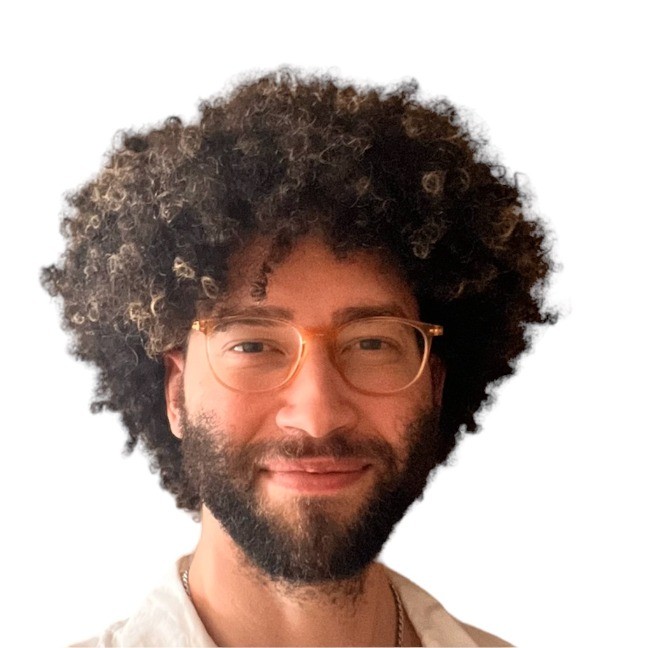
Mason L. Hatwan, Ph.D., is an addiction researcher whose work bridges clinical experience with innovative methodologies to better understand and address impairing behavioral and substance use disorders. His research focuses on addictive behaviors encompassing conditions such as internet gaming disorder, alcohol use disorder, paraphilic disorders, and a range of other substance use disorders, drawing from both empirical investigation and direct clinical engagement. Mason completed both his undergraduate and doctoral training in Clinical Psychology at the University of South Dakota. He completed his clinical psychology residency at the VA Connecticut Health Care System and is currently postdoctoral research fellow at the University of New Mexico’s Center on Alcohol, Substance use, And Addictions (CASAA).
Mason specializes in geospatial ecological momentary assessment (GEMA) — a method that captures in-the-moment behavioral, emotional, and environmental data to provide nuanced, context-rich insights into human behavior. His work leverages geospatial data and privacy-sensitive analytic strategies to detect patterns in what has often been considered non-informative data, aiming to transform these overlooked signals into clinically meaningful insights. He is particularly interested in applying these findings to support real-time interventions, improve treatment personalization, and inform evidence-based policy.
With a strong commitment to translational impact, Mason seeks to expand the way scientific findings are communicated to the public and policymakers. He is invested in developing accessible, trustworthy models of science communication that improve the transparency and utility of behavioral health research, with the goal of enhancing public trust, clinical uptake, and policy relevance.
Madison Colley, PhD
Postdoctoral Fellow
Anxiety Center
Evidence Based Treatment Centers of Seattle
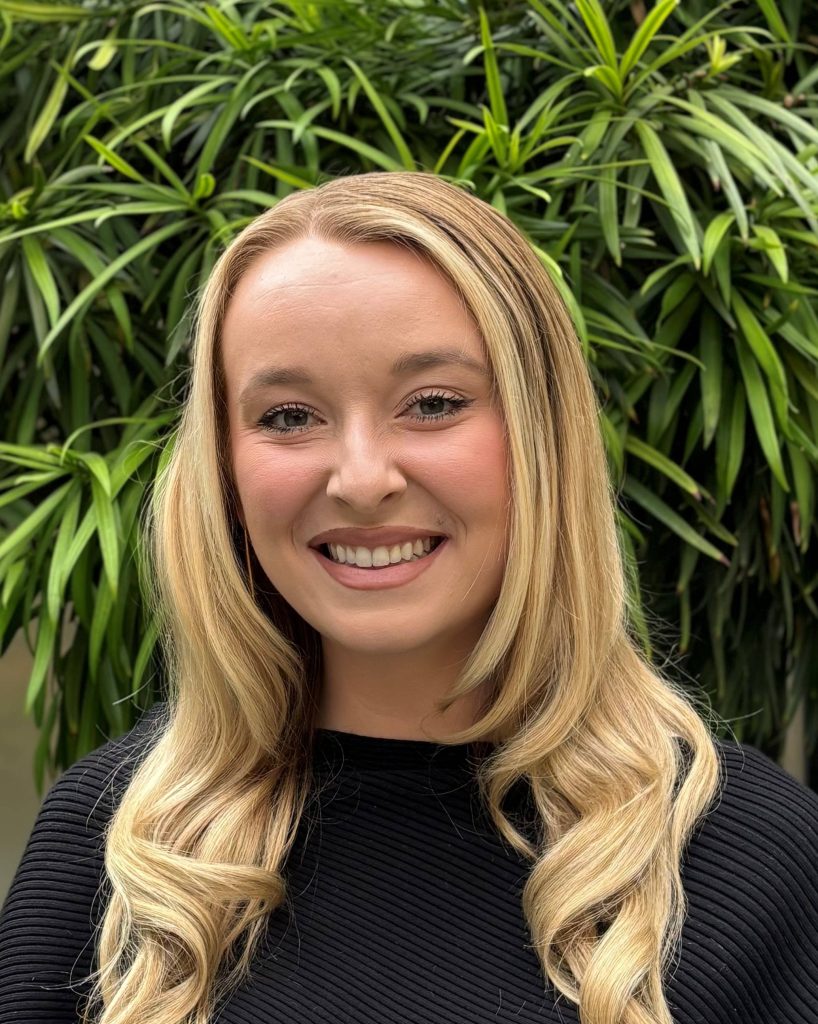
Madison Colley, Ph.D., is a postdoctoral fellow in the Anxiety Center at the Evidence Based Treatment Centers of Seattle (EBTCS). She received her bachelor’s degree from Lipscomb University in Nashville, Tennessee, and completed her Ph.D. in counseling psychology at Colorado State University. Prior to graduation, she completed an APA-accredited internship at the VA San Diego Healthcare System (VASDHS)/University of California, San Diego (UCSD) Psychology Internship Program.
Throughout her training, Dr. Colley’s clinical and research interests have centered on evidence-based treatments for traumatic stress and co-occurring conditions. She is passionate about integrating evidence-based practices with anti-oppressive, social justice-informed mental healthcare to empower clients to make meaningful change. She is currently completing a clinical postdoctoral fellowship with specialized training in evidence-based treatments for anxiety and obsessive-compulsive related disorders.
Collaborators
Russell Marks, PhD
Staff Psychologist
Rhode Island Hospital
Alpert Medical School of Brown University
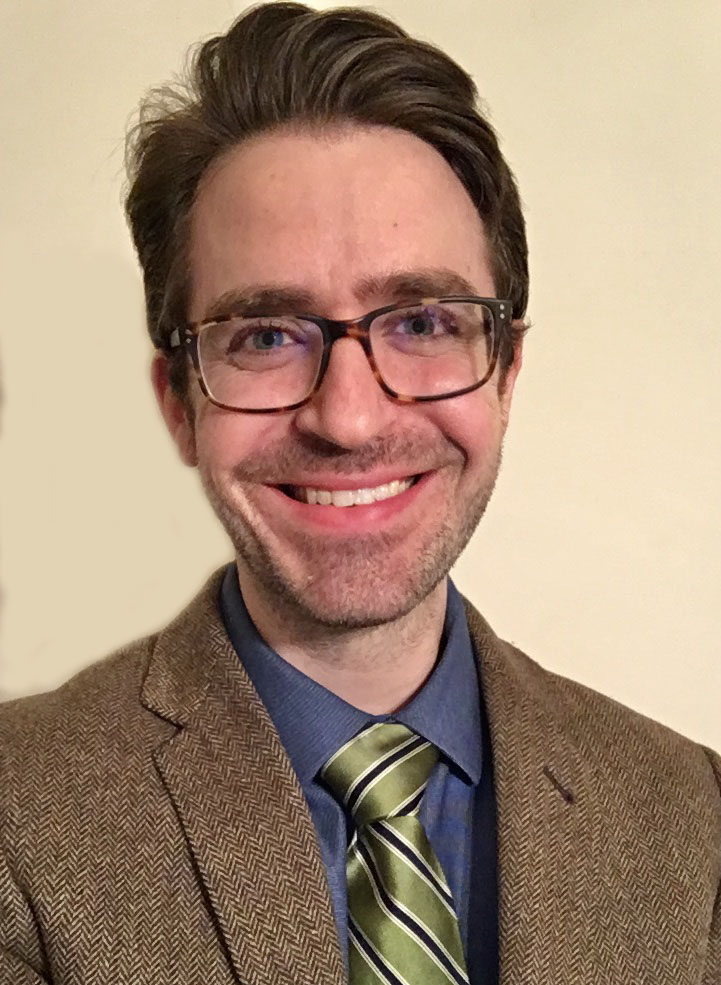
My name is Russ Marks and I am a staff psychologist within the ACT partial hospitalization program Rhode Island Hospital and clinical faculty at the Alpert Medical School of Brown University. I am also an ARC collaborator. I received my bachelor’s degree from the University of Massachusetts at Amherst and completed my Ph.D. in clinical psychology at the University of South Dakota. Prior to graduating, I completed an APA-accredited internship at the VA Maryland Health Care System (VAMHCS)/ University of Maryland School of Medicine (UMSOM) Psychology Internship Consortium.
My graduate research examined personality and related etiologic vulnerabilities that confer risk for problematic alcohol use. I am currently working on projects examining the effectiveness of ACT for PTSD, the factor structure and measurement invariance of process-based treatment measures, and associations between personality and changes in ACT-based processes.
